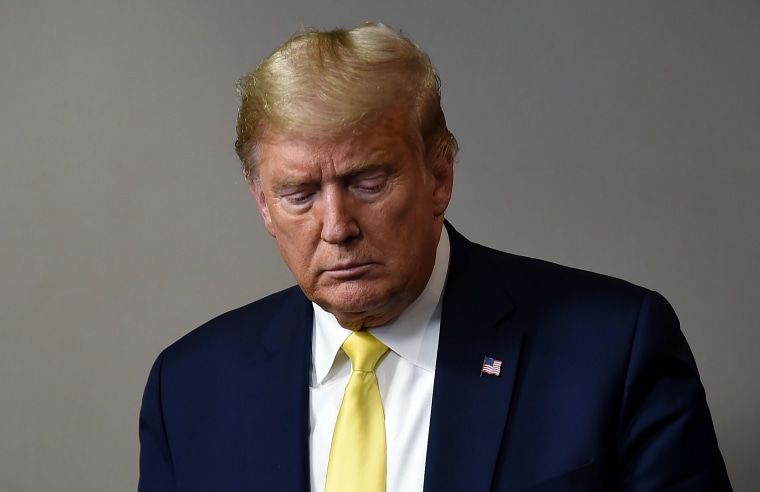The prospect of a payroll tax cut and other fiscal stimuli seemed to partly reverse Monday's record market sell-off, even as details remained murky — and experts expressed skepticism that it would be effective.
President Donald Trump met with lawmakers Tuesday to discuss a stimulus package, including a "permanent" payroll tax cut and what the president characterized as "substantial relief" to mitigate the effects of the new coronavirus and an oil price war that developed between Saudi Arabia and Russia over the weekend.
Futures rallied even as White House officials worked to tamp down expectations, with an unnamed official telling CNBC "it's not there right now" in reference to any specific mitigation policies. Treasury Secretary Steven Mnuchin and Larry Kudlow, director of the White House National Economic Council, were reported to be meeting with Senate Republicans on Tuesday to discuss the prospect of fiscal relief in more detail.
Greg McBride, chief financial analyst at Bankrate.com, suggested that Monday's announcement was a reflection of the limitations of monetary policy to address a public health crisis.
"Putting more money into the hands of consumers or businesses actually drives the economy. It's not a panacea, but it is likely to be more effective than monetary policy."
"I think fiscal measures such as a payroll tax reduction are likely to be more impactful than the tools the Federal Reserve has, particularly cutting interest rates. Putting more money into the hands of consumers or businesses actually drives the economy," he said. "It's not a panacea, but it is likely to be more effective than monetary policy."
Download the NBC News app for breaking news and politics
The biggest economic concern is that the outbreak will hurt the strong labor market. "I do think our big risk economically is that the disruption from the virus swings the pendulum from corporate hiring to corporate layoffs," McBride said.
The prospect of a retrenchment in the labor market is just one reason a payroll tax cut might not be an effective mechanism to bolster the economy, said Howard Gleckman, senior fellow at the Urban-Brookings Tax Policy Center. "If you're talking about payroll tax relief, you have to be working for it to help," he said. "A payroll tax cut is not a great idea in any economic slowdown because of this problem."
A payroll tax cut also wouldn't do much to help the low-wage and hourly workers in places such as hotels and restaurants who are facing the greatest economic impact, said Bill Smith, managing director of the national tax office at the accounting and tax firm CBIZ MHM.
"If you're making $30,000 a year, that gives you $50 a month. It's not a huge impact on the lower-end wage workers," he said.
Because the coronavirus crisis is very different from previous economic shocks, strategies undertaken in the wake of the Great Recession aren't good benchmarks, experts said.
"We're looking at a different economic prospect here," Smith said. "And that's further complicated by the fact that people are tending to stay home more."
Gleckman said: "This is not an economic slowdown that's like anything else we've ever seen. It's not a financial or directly economic problem. It's an economic slowdown that's related to people's fear of a disease, and the traditional economic response to that ... really might not be as helpful."
Gleckman said Trump's proposals might be providing some relief to the market simply by signaling that the administration was starting to take the coronavirus threat seriously. As recently as Monday, the president labeled the outbreak as "fake news," tweeting, "Nothing is shut down, life & the economy go on."
"There may be something to the fact that the president has been denying that there's even a problem," Gleckman said. "The markets may be a little more comfortable that the president seems to be acknowledging that yes, this is a problem."
